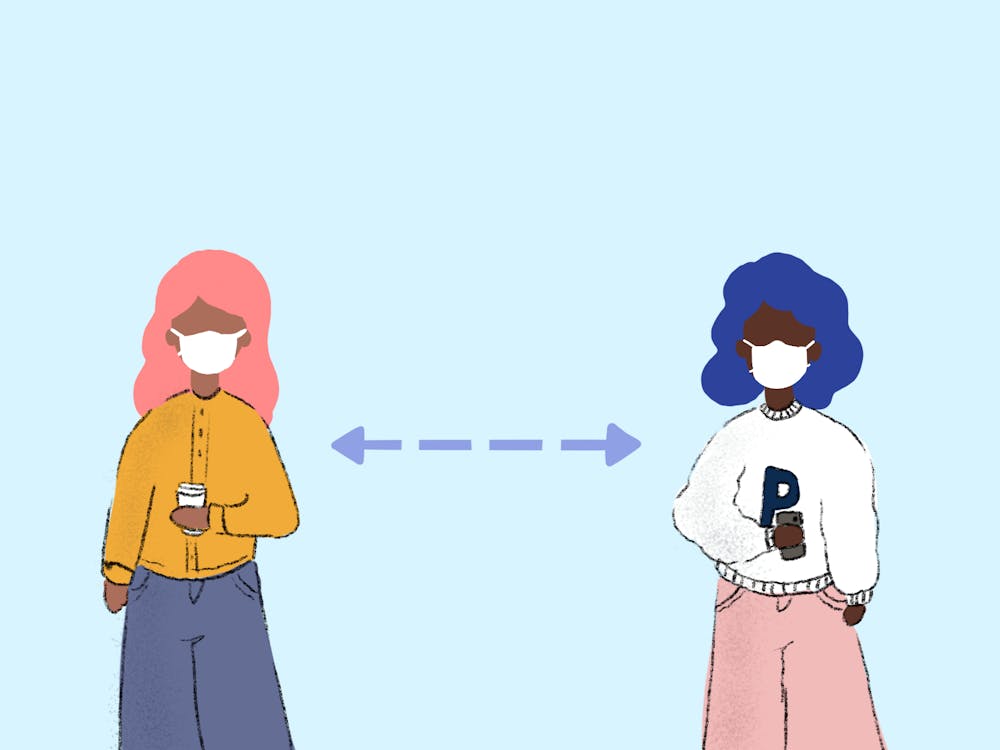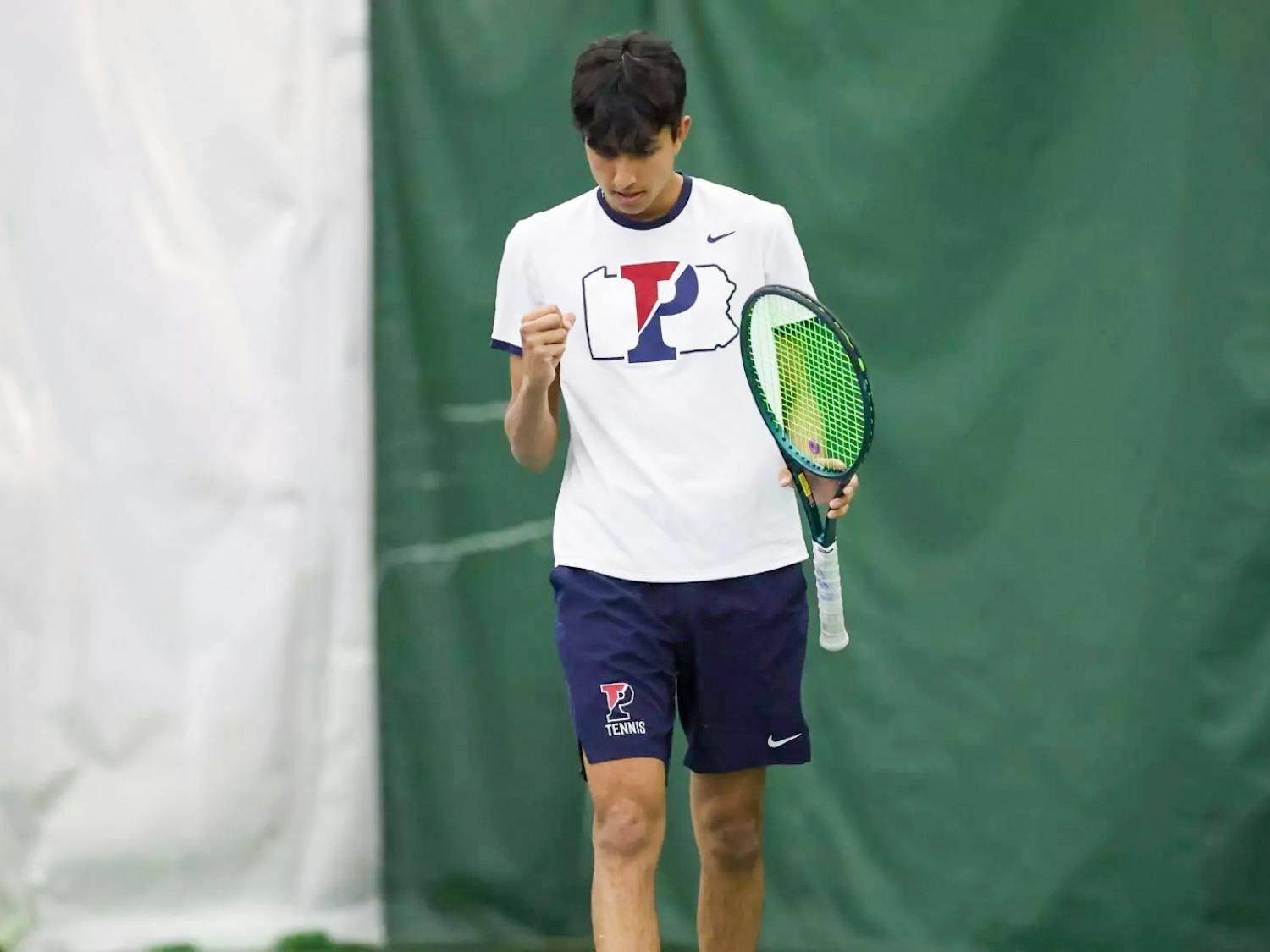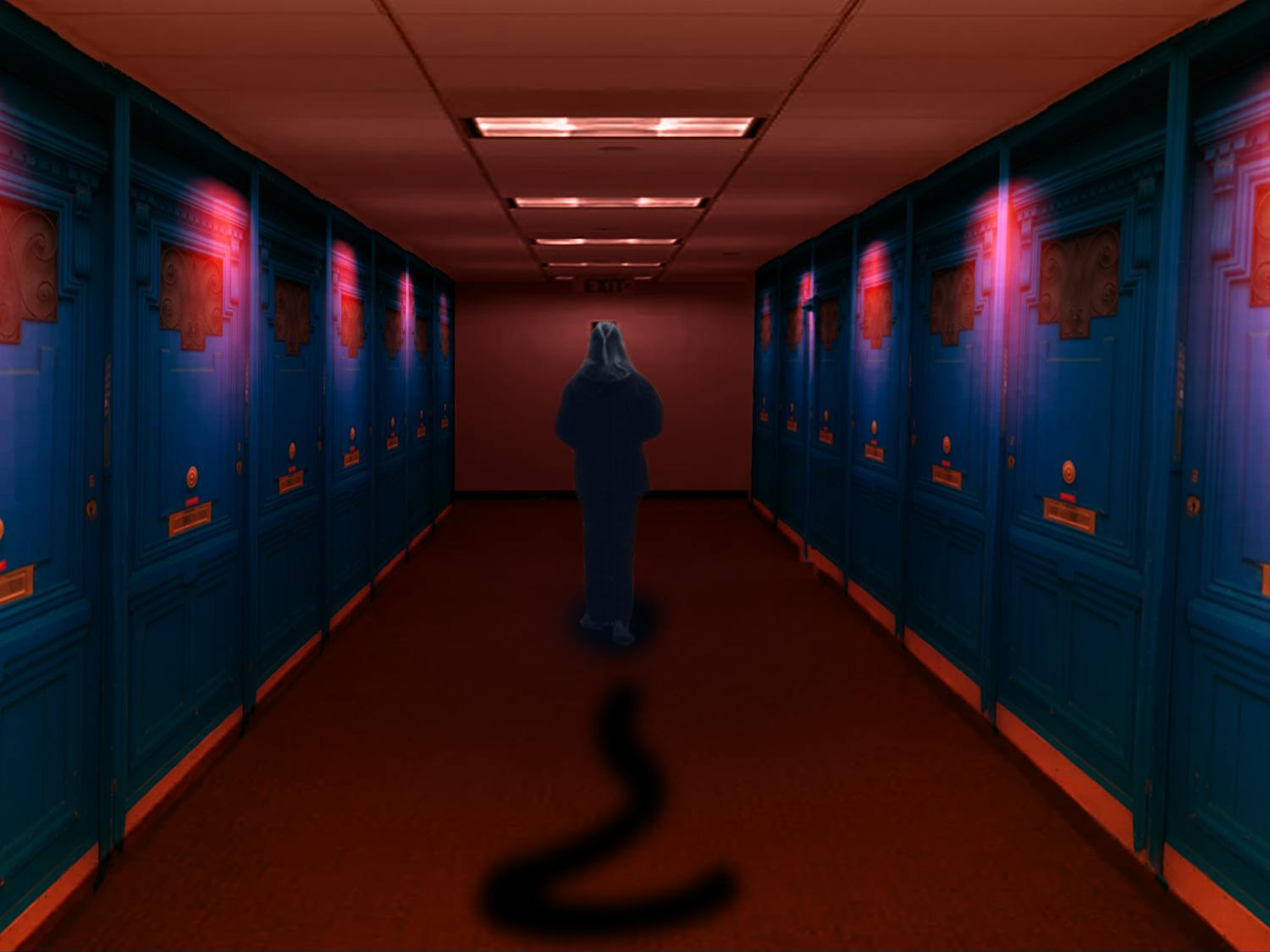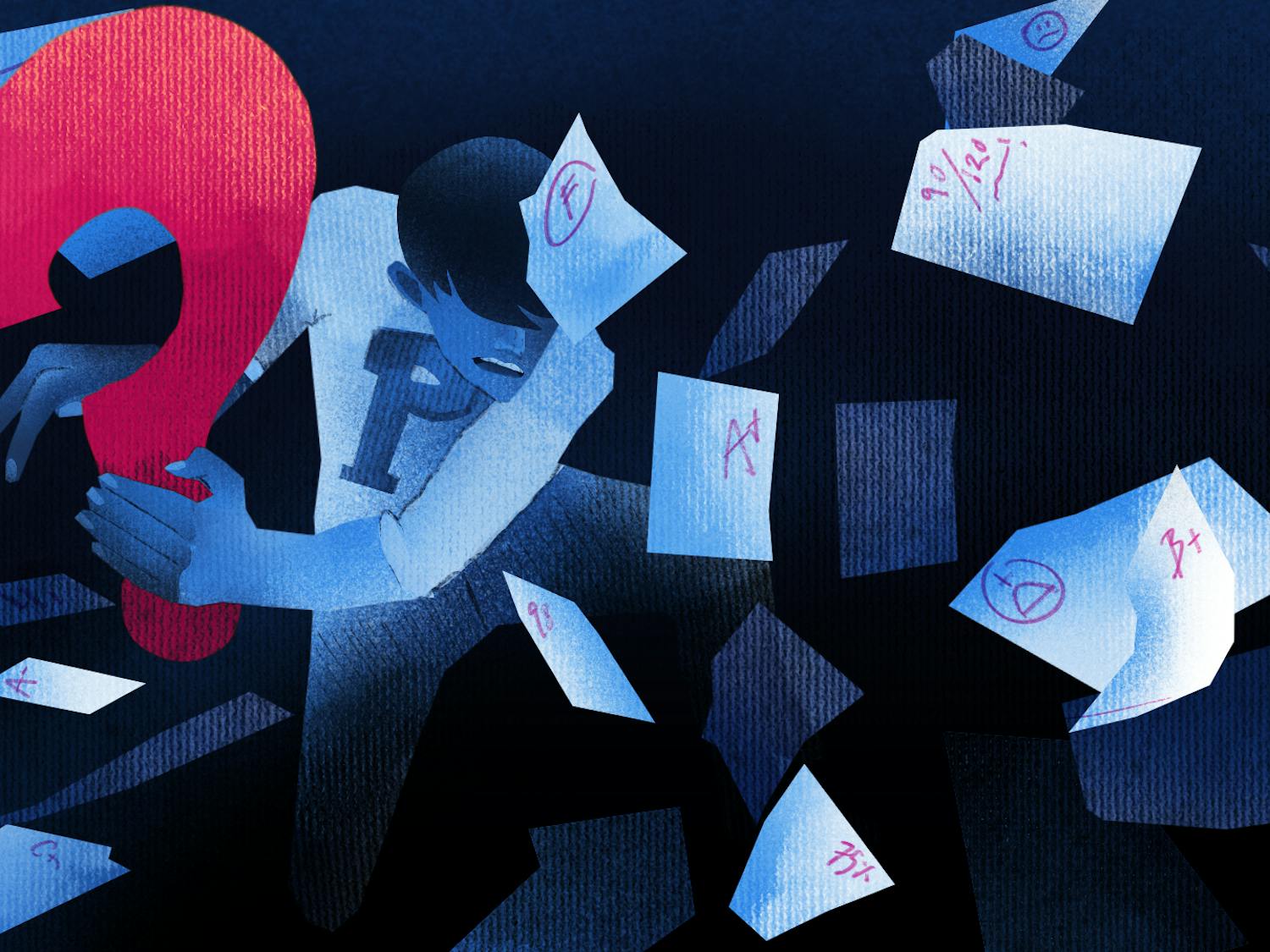The novel coronavirus pandemic and subsequent nationwide shutdown mean the coming academic year will be unlike any the Penn community has experienced before. If students are allowed back on campus in a few months, masks will be the norm up and down Locust Walk, in-person classes will likely be outnumbered by Zoom meetings, and group activities will be limited to small gatherings.
We still do not know what Penn’s official policy will be regarding the status of the fall semester, but as schools nationwide announce plans to bring their students back to campus, Penn students, faculty, and staff must be mindful of the proper regulations if they return as well. With some students already back in West Philadelphia for the summer and others making the journey back to campus to retrieve their belongings, students must recognize that their actions affect the health of both the Penn community and the broader Philadelphia community. This is especially important now as a second wave of the coronavirus is expected to hit the city.
As of June 12, Philadelphia County is in the “yellow phase” of reopening, which permits gatherings capped at 25 people and the return of outdoor dining, among other provisions. With every set of lifted regulations, there exists the risk of a sudden spike in virus cases and a concurrent danger to the campus and city communities. With a vaccine not expected to arrive anytime in the near future, Penn students must be increasingly cautious to limit possible exposure to the virus and follow all government and CDC recommendations to the best of their abilities. These include guidelines such as keeping distance from others, wearing masks in public, washing hands regularly, and staying home if they feel ill.
Students must also recognize that their health decisions have effects far beyond the boundaries of Penn’s campus. Many West Philadelphia neighborhoods have been hard-hit both by the virus itself and its economic fallout, and these majority-Black areas of the city are among the most vulnerable to a potential new outbreak. As students return from around the country and world, they risk exposing the local population to illnesses caught at home or during their journey to Penn, causing a new wave of viral spread that would continue West Philadelphia’s current plight. And while many Penn students have the luxury of being able to leave West Philadelphia in the event of an outbreak, longtime residents often do not have this option.
If the University ultimately allows students to return, it is a gamble on its part that they will follow the rules. Some may even argue that trusting thousands of students to abide by the required regulations is ludicrous and doomed to fail. While it will not be easy to adjust to the new restrictions, especially in the social sphere of their lives, students should not betray the trust of those who have allowed them to return to campus. Violations of this trust may result in bigger problems down the line, such as harsher campus restrictions or an additional period of online learning. While the regulations may be difficult, they are a necessary step in recovery from the pandemic and the path to an open campus.
If students are fortunate enough to return to campus, they owe it to themselves and the rest of the community to keep each other safe. This is not just because of the trust the University places in students and the responsibility held as members of the broader Philadelphia community; what this comes down to is the buy-in that all students, faculty, staff, and administrators need to work as a community to make the best of this new and challenging situation.
Editorials represent the majority view of members of The Daily Pennsylvanian, Inc. Editorial Board, which meets regularly to discuss issues relevant to Penn's campus. Participants in these meetings are not involved in the reporting of articles on related topics.









